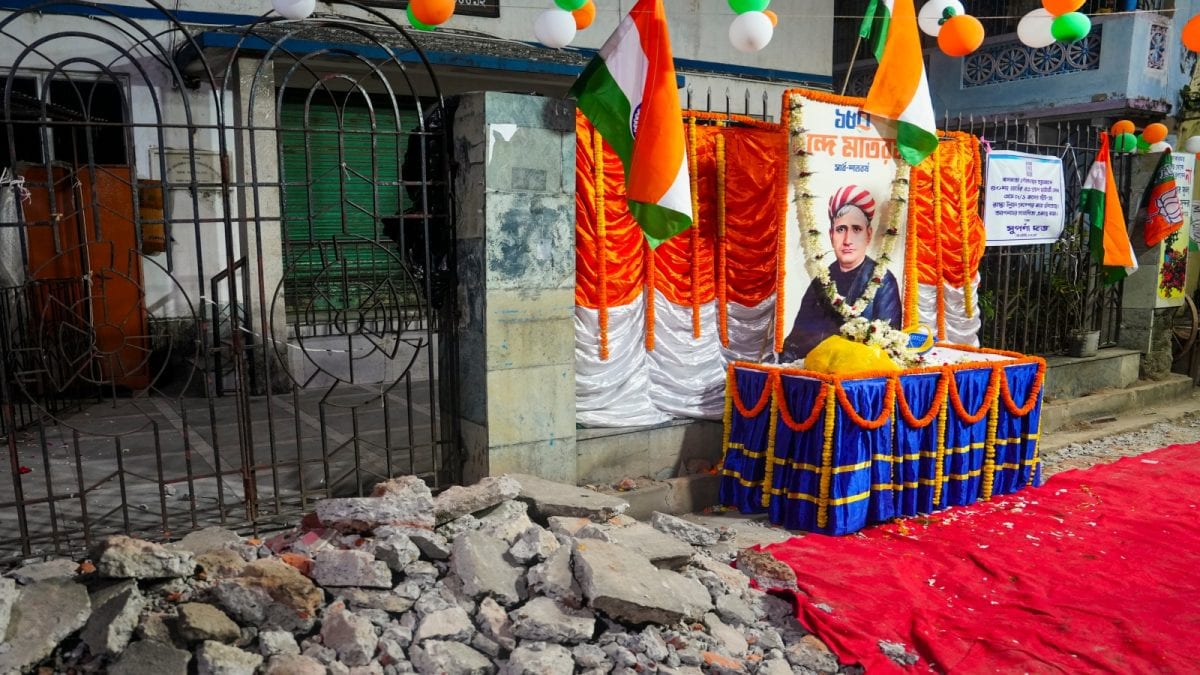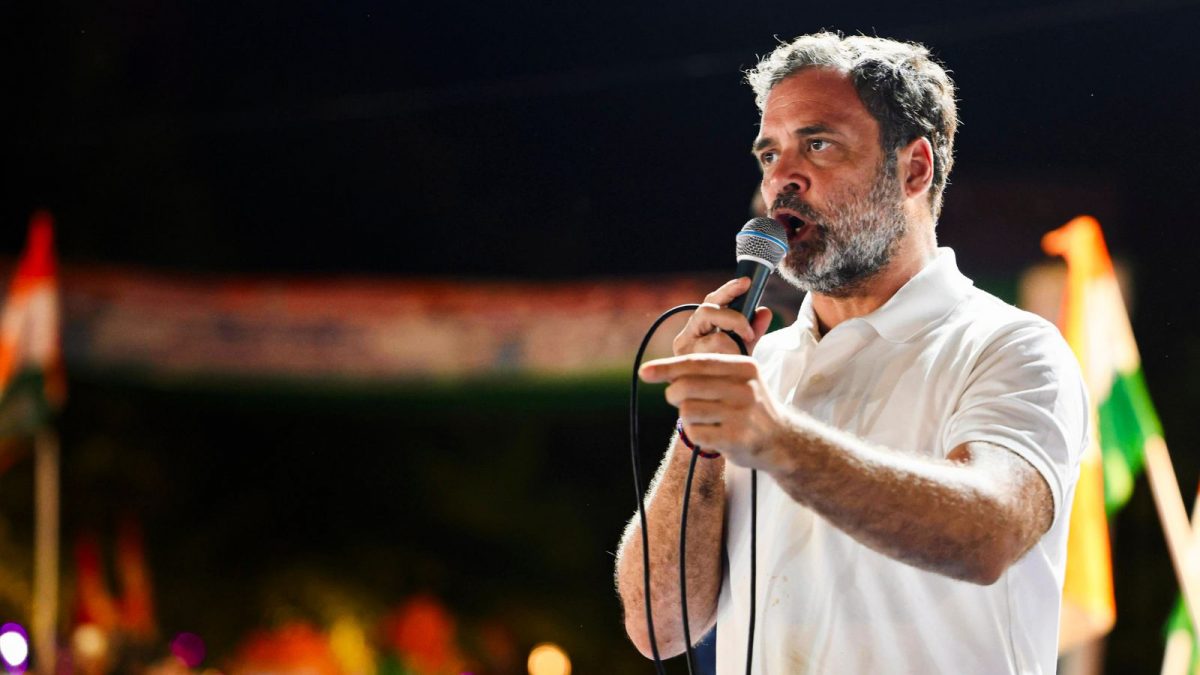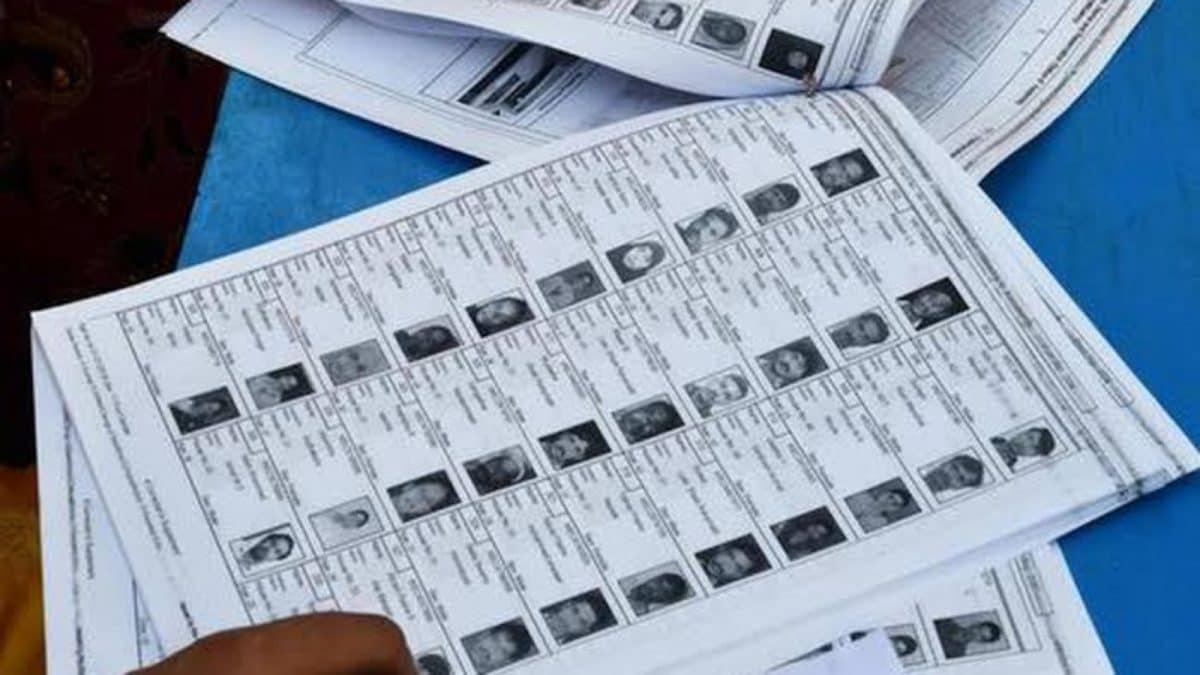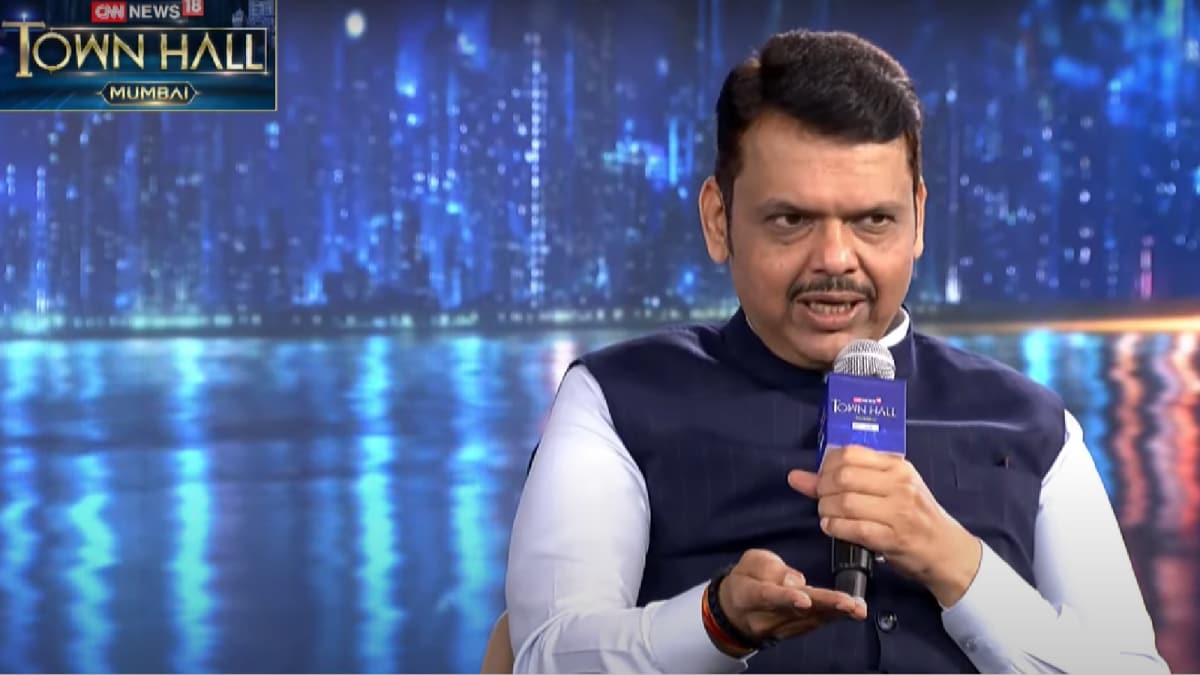Last Updated:
150 years later, Bengal, the land that gave birth to Bankim Chandra Chattopadhyay’s immortal hymn, seems to have politically distanced itself from it

A portrait of Bankim Chandra Chatterjee, writer of the national song Vande Mataram, during a tribute ceremony to mark 150 years of the song, in Kolkata. (PTI Photo)
Vande Mataram, even 150 years after its creation, continues to give goosebumps to most Indians. The song that once stirred India’s soul, written by a Bengali who dreamt of a free motherland, was celebrated on Friday by the Prime Minister of India, marking the beginning of a series of year-long events across the country.
Yet, as Bengal readies for another fierce election in 2026, the TMC and the Left have virtually ceded the space to the BJP when it comes to championing Bankim Chandra Chattopadhyay’s immortal hymn.
Bankim’s Vande Mataram was not just a poem but the first articulation of cultural nationalism in the Indian imagination. Composed in 1875 and included in his novel Anandamath (1882), set against the backdrop of the 18th-century Sannyasi Rebellion, it captured the emotional uprising against colonial rule before there was a political one. It was sung at Congress sessions in the early 1900s and banned by the British for “inciting rebellion.”
Every freedom fighter — from Aurobindo to Lajpat Rai, from Tilak to Bipin Chandra Pal — saw it as India’s call to awaken.
But 150 years later, Bengal, the land that gave birth to this song, seems to have politically distanced itself from it. The state that once led India’s intellectual and nationalist ferment now hesitates to celebrate the very idea it birthed.
Vande Mataram, once a symbol of unity, has unofficially become politically inconvenient for many.
The Politics Of Symbolism
The BJP went all out in embracing its national mandate to celebrate the day, reportedly holding over 1,500 rallies across Bengal. From the hills of Darjeeling to the streets of Kolkata, the BJP took out marches flaunting tricolours and singing the hymn.
The party embraces it loudly as part of its cultural-nationalist identity, seeing in it a bridge between Bengal’s literary heritage and its own idea of Bharat Mata.
But for the Trinamool Congress, the dilemma is trickier. Chief Minister Mamata Banerjee’s politics thrives on Bengali pride — she has reclaimed Rabindranath Tagore, Kazi Nazrul Islam, and even the icons of the Left. Yet the TMC’s celebration of Bankim’s Vande Mataram has been rather muted.
On Monday, only the standing committee on industry and infrastructure of the Bengal government approved the formation of a committee to draft a plan for celebrating the 150th anniversary of the composition of India’s national song.
“We pay tribute to Bankim Chandra Chattopadhyay… The public is also participating in large numbers… TMC is not a patriotic party…” Bengal Leader of Opposition Suvendu Adhikari hit out at the TMC for its muted response.
The Left, once the custodian of Bengal’s intellectual nationalism, too has vacated the space entirely. In a strange irony, the land that once turned Bankim’s words into rebellion now seems to debate whether uttering them is politically safe.
What Remains Of Bankim’s Bengal?
Bankim’s vision of the motherland was not communal; it was civilisational. Anandamath’s call was spiritual, not sectarian. It saw the land itself as divine, a metaphor that transcended religion. His “Mother” was both the soil of Bengal and the idea of India.
The first major rallying point came in 1905, when Vande Mataram became central to the protests against the partition of Bengal. During a Calcutta Town Hall meeting attended by 40,000 people to oppose Lord Curzon’s decision, all collectively sang Vande Mataram. Bengal was both the birthplace of the song and the place where the phrase attained its iconic, salutary stature among revolutionaries.
But political India, and especially political Bengal, has reduced him to a slogan or an omission. In Delhi, Vande Mataram still opens official events. But in Bengal, it struggles for cultural space. The state that produced Bankim, Vivekananda, Tagore and Subhas Bose now finds its civilisational icons politically celebrated according to respective political convenience.

Anindya Banerjee, Associate Editor brings over fifteen years of journalistic courage to the forefront. With a keen focus on politics and policy, Anindya has garnered a wealth of experience, with deep throat in …Read More
Anindya Banerjee, Associate Editor brings over fifteen years of journalistic courage to the forefront. With a keen focus on politics and policy, Anindya has garnered a wealth of experience, with deep throat in … Read More
November 08, 2025, 11:43 IST
Read More






